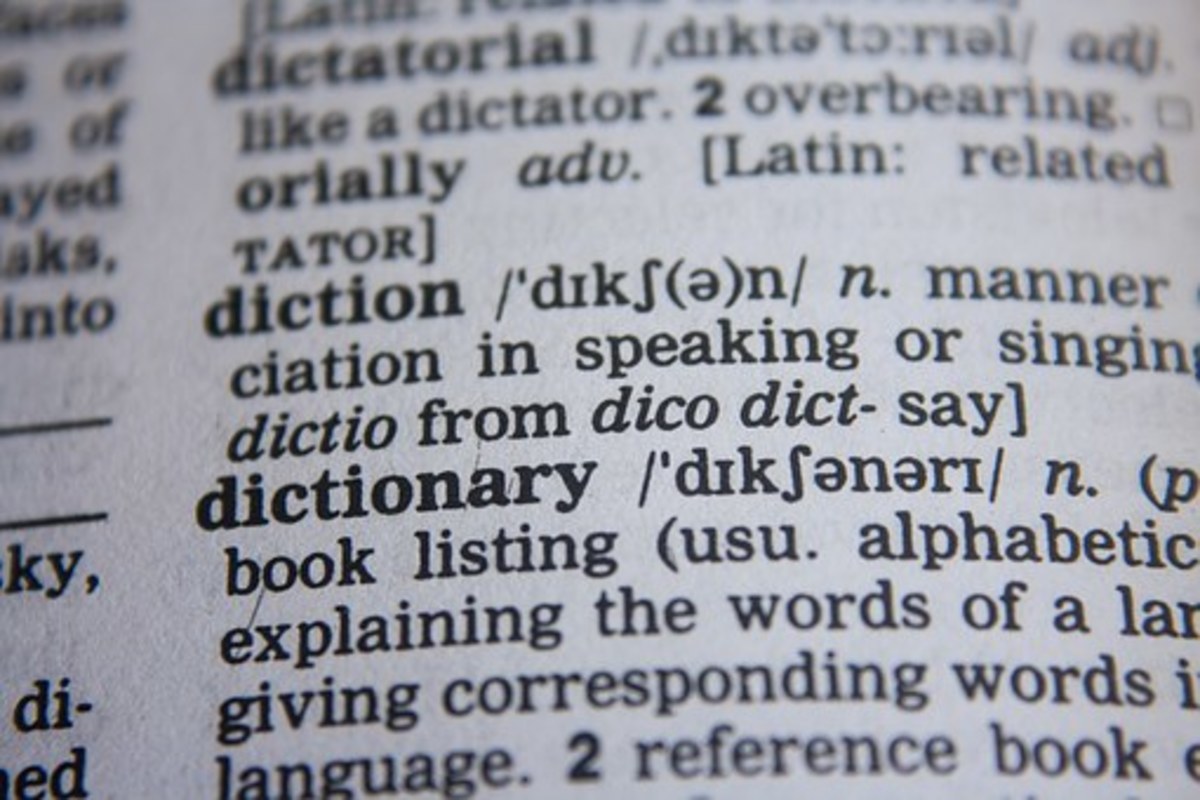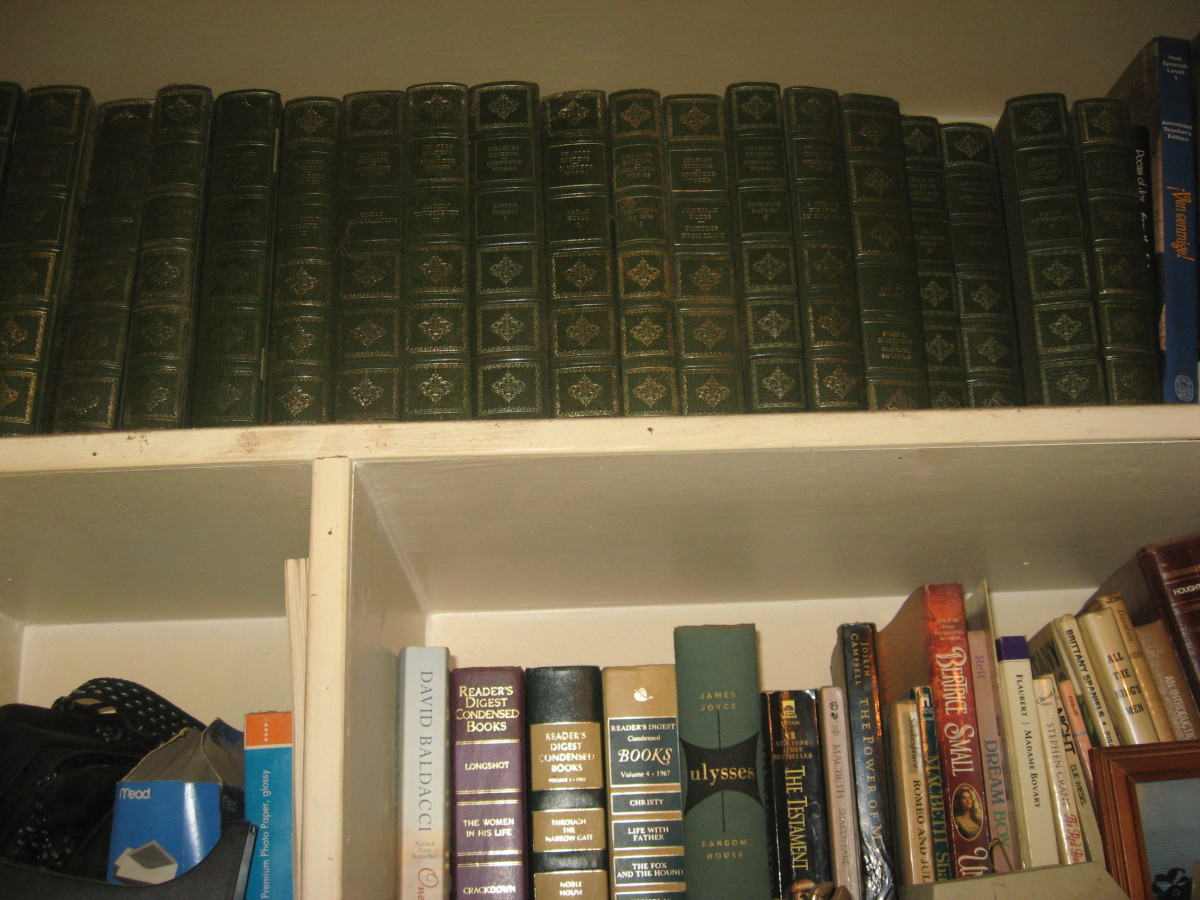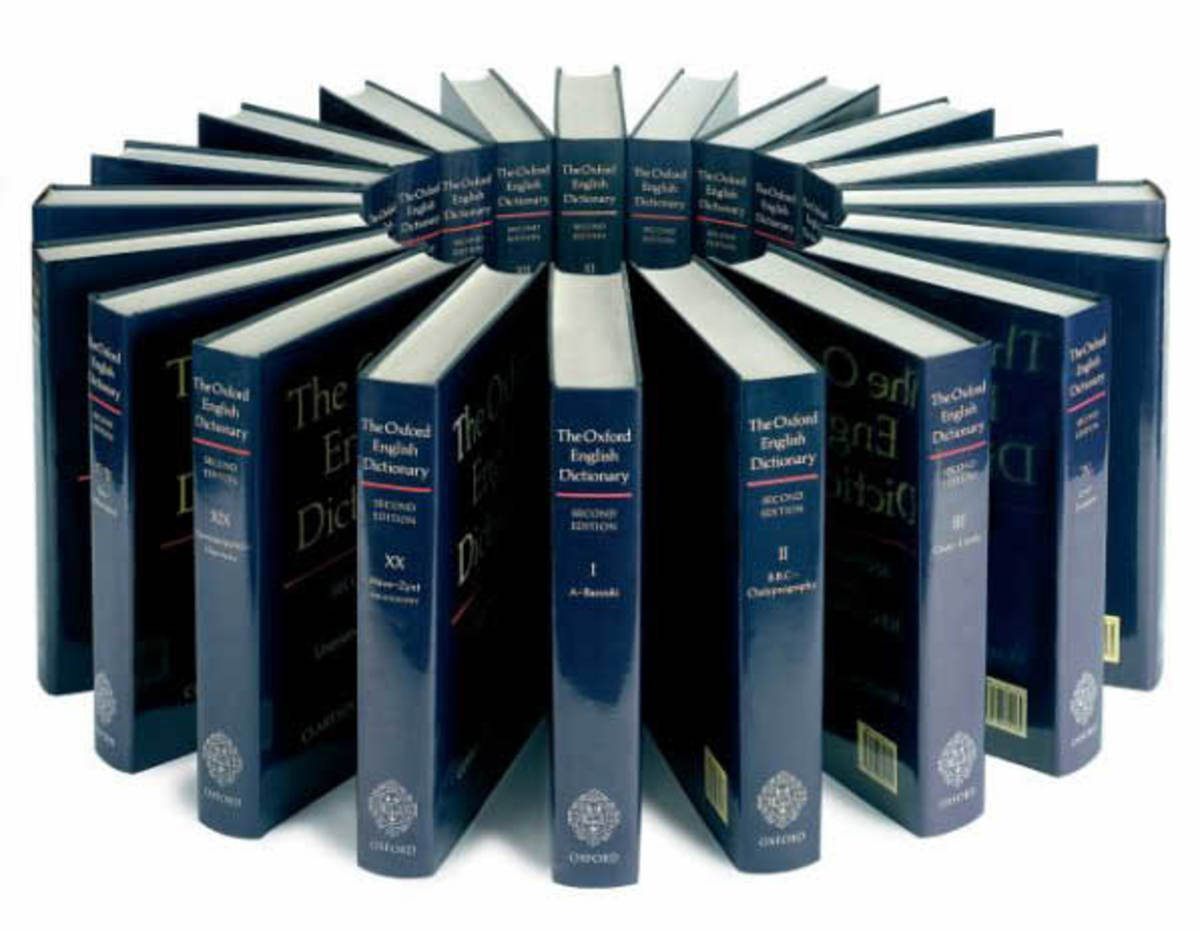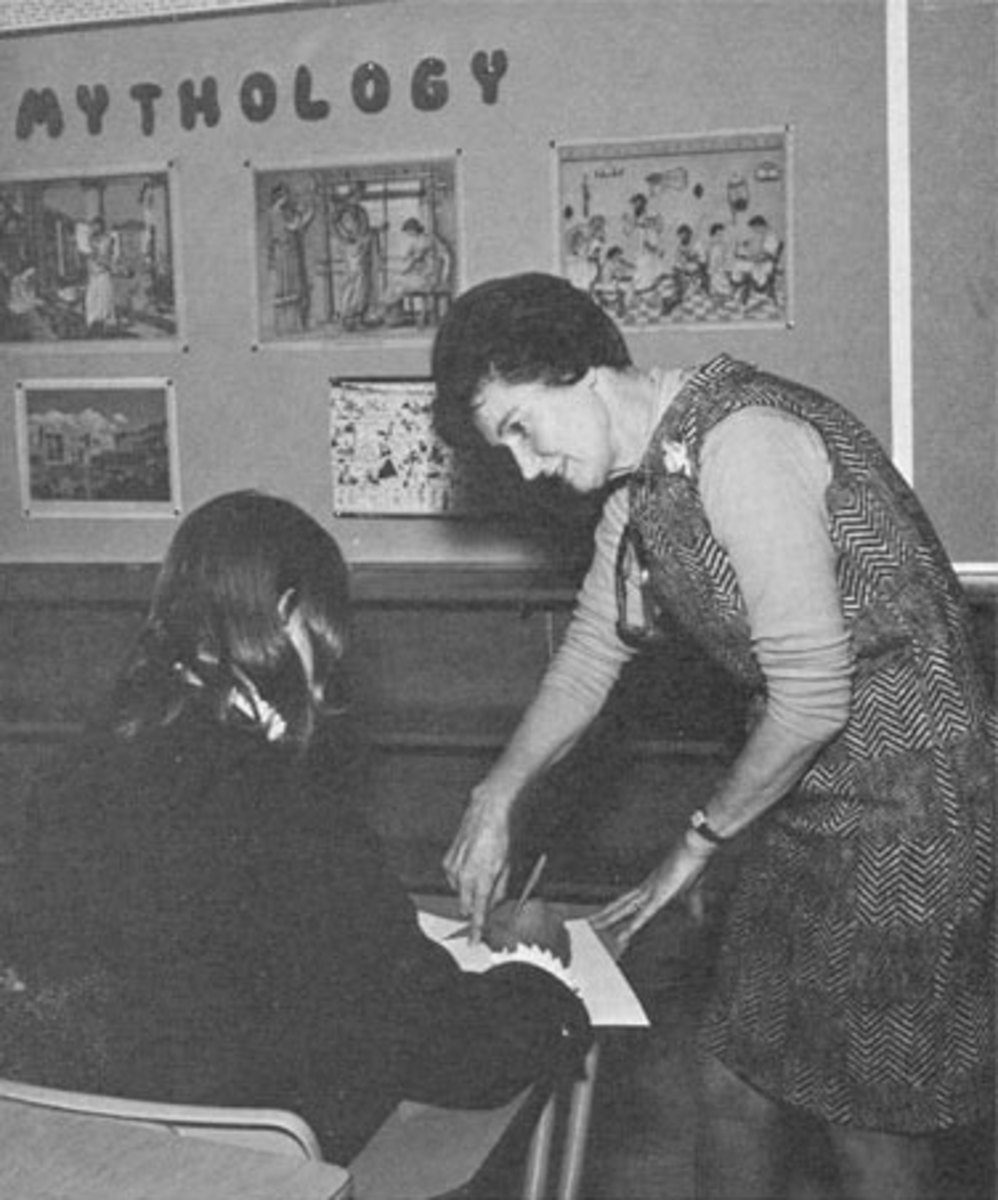Write Better Improve Vocabulary
The Right Word To Write
A popular book on being a writer is called Getting the Words Right. It is a good book and I highly recommend it if you are looking to improve your writing. I especially recommend it if you would like a look into what the world of professional writing is really like. I'll give you a hint, the book is 90% about editing and re-editing your writing.
Of course, the critical component of getting the words right, is having the right words.
Much of the difference between novice writers and professionals lies in how long it takes them to say something. If you find yourself explaining things over the course of a few sentences that could be communicated in just one or two, the problem may be with the strength of your vocabulary.
More Vocabulary Words

Good Vocabulary
Vocabulary gets a bad rap as a plaything for the pretentious. No doubt, this impression comes from people trying so hard to work in their "word of the day," whether they got it from a book or from word-of-the-day toilet paper. Dictionary memorizers are no better. Those of use in the writing profession parse words with the AP Stylebook.
Of course, it isn't just people trying to improve themselves by expanding their minds through learning new things, like words. In fact, such people should be applauded. Too many of us stop learning new things the moment we leave school. The reality is that many people DO use vocabulary in an effort to appear smarter. Ironically, they generally succeed in doing the opposite.
A famous quote says, "Better to be thought a fool, than to open ones mouth, and remove all doubt."
Better Vocabulary Means Mastering Word Meanings
The thing about words is, that when fully understood, they carry a precise meaning. There are few words in the English language that actually mean the same thing as another word. After all, what value would there be in that?
The problem is that when one only partially understands a word's meaning, that preciseness is lost. The biggest cause of this phenomenon is figuring out a what a word means from context. When one reads a single sentence with a word that they have never encountered before, there is a good chance that the reader can assign a ballpark meaning to that word based upon the sentence it is in and what the surrounding sentences are about. A savvy reader does so and then takes the effort to lookup the exact meaning of the word, while the less savvy reader, simply adds the word to a list of alternates for the meaning they assumed while reading.
For a writer, well understood vocabulary words help him be a better writer.
To understand how the precise meaning of words allows an author to communicate more clearly and more effectively with fewer words, an illustration is helpful.
Consider two phrases, a lot and too many. Both phrases mean a number larger than standard or typical, but they hardly mean the same thing. There are a lot of young people here, means something very different from, There are too many young people here.
One, "two many" carries with its meaning a judgement. Too many means not only a greater than normal number, but also that the larger number is not correct. It is in the subtlety of their meaning that a lot and too many are not just different ways to say the same thing.
Plethora of Vocabulary Words
Consider now, the word plethora. The only vocabulary word I picked up from Three Amigos with Steve Martin, Chevy Chase, and Martin Short, it is a good one, and the scene it comes from is an example of what we are talking about here.
The bad guy, El Guapo, asks his underling if he has a "plethora of pinatas" for his birthday. Too which the underling replies, "Oh, yes, El Guapo," after looking confused for a moment. At this point, El Guapo grows angry demanding if the underling even knows what plethora means, because he would "hate it if someone told me that I had a plethora of pinatas, if they didn't even know what plethora means."
Plethora, of course, means a lot.
Then again, it is in the exact meaning that the word plethora differs from lots.
We discussed already that a lot and too many mean the same thing, in one way, but two very different things in another way; one phrase contains a negative judgement about the large amount, while the other does not.
This was not by accident. Plethora, while also meaning a large amount, has an exact meaning that lies somewhere between the two earlier phrases. Consider that a lot means many, without commenting on whether it is either good or bad, while too many means many, while also indicating that such numbers are not right. Plethora, carries some judgement, but not so much as too many. In fact, plethora, suggests that the amount in question is not just large, but also more than necessary.
Suppose that two people each have 50 tools for examining a person's teeth. Certainly, this is a lot of tools. It would be difficult to indite anyone on having too many tools for examining teeth since there isn't really any harm in having them. However, it would be unusual for a non-dentist to have so many. Which leads us to El Guapo's famous, plethora.
50 different instruments for examining a person's teeth would indeed be a plethora of dental instruments for a botanist. However, it would likely NOT be a plethora of dental instruments for a dentist.
It may seem as if there is still little difference in the three different ways to saying "a bunch," but to the writer, such minor changes are indispensable. In our example, the meaning is less important because we all already bring the common knowledge that a dentist needs a lot of dental tools and a botanist does not. However, that is not always the case. Would 50 be a plethora for a mortician? What about a coroner?
Vocabulary Words Exact Meaning
In the exact meaning lies the way for a writer to explain more quickly that the amount of dental implements owned by the mortician is unusually large, without take an additional sentence, or unjustly damning him for owning so many.
The mortician owned a plethora of dental tools.
The mortician owned too many dental tools.
The mortician owned a lot of dental tools.
Which one is correct?
It depends on who the mortician is, and what he is doing with those dental tools. Either way, with the additional word, plethora, in our vocabulary we have a way to suggest whether or not the number is normal, abnormal, or suspicious all in a single sentence.







